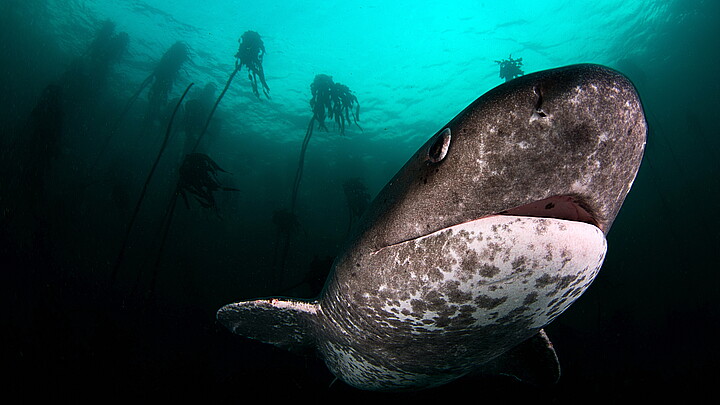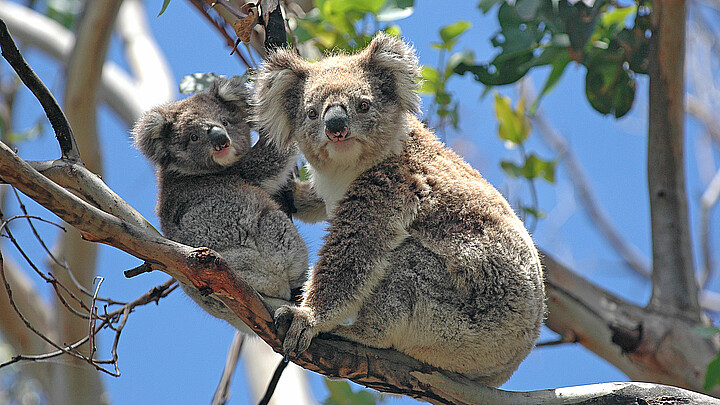Trending
Japanese police seize homemade guns in raid on Abe's suspected assassin’s home
Authorities said they found several similar weapons at Yamagishi’s residence later on Friday
July 8, 2022 12:26pm
Updated: July 8, 2022 1:37pm
Police seized multiple homemade weapons while raiding the home of the suspected gunman that shot and killed former Japanese Prime Minister Shinzo Abe on Friday.
41-year-old Tetsuya Yamagishi was arrested at the assassination site in Nara, where Abe had been delivering a stump speech for his Liberal Democratic Party ahead of the upcoming parliamentary elections.
Video and photos from the arrest captured a blocky gadget with two barrels, which police later confirmed was an improvised firearm that Yamagishi used to shoot Abe twice from behind.
Political violence is rare in Japan, a country with strict gun regulations. The gun used in the shooting of Shinzo Abe appeared to be a home-made firearm https://t.co/7yj5STgXit pic.twitter.com/PrxnqviU7G
— Daily Mail Online (@MailOnline) July 8, 2022
"We are conducting forensics, but clearly it looks homemade," a Nara police chief said at a news conference.
Authorities said they found several similar weapons at Yamagishi’s residence later on Friday, reports NBC News.
Grassroots media organization Popular Front shared photos on Twitter that it claimed were from the raid, which show officers in bomb suits carrying elaborate box-like hand-cannons with a comical number of barrels. They appeared to be fired electronically.
#Japan: Police have now seized a number of improvised firearms from the home of Tetsuya Yamagami (the man who shot and killed former PM Shinzo Abe). The weapons include both a 5 and 9-barreled shotgun, which appear to be electrically fired. pic.twitter.com/0qR1fLDrq8
— POPULAR FRONT (@PopularFront_) July 8, 2022
Gun ownership is highly restricted in Japan. Citizens cannot own handguns, only shotguns and air rifles, and must regularly requalify.
World leaders who had worked with Abe offered their condolences quickly after his death was announced.
While prime minister, Abe worked to strengthen ties with the West to hedge against the perceived rising threat from China. He resigned in 2020, citing health issues.








